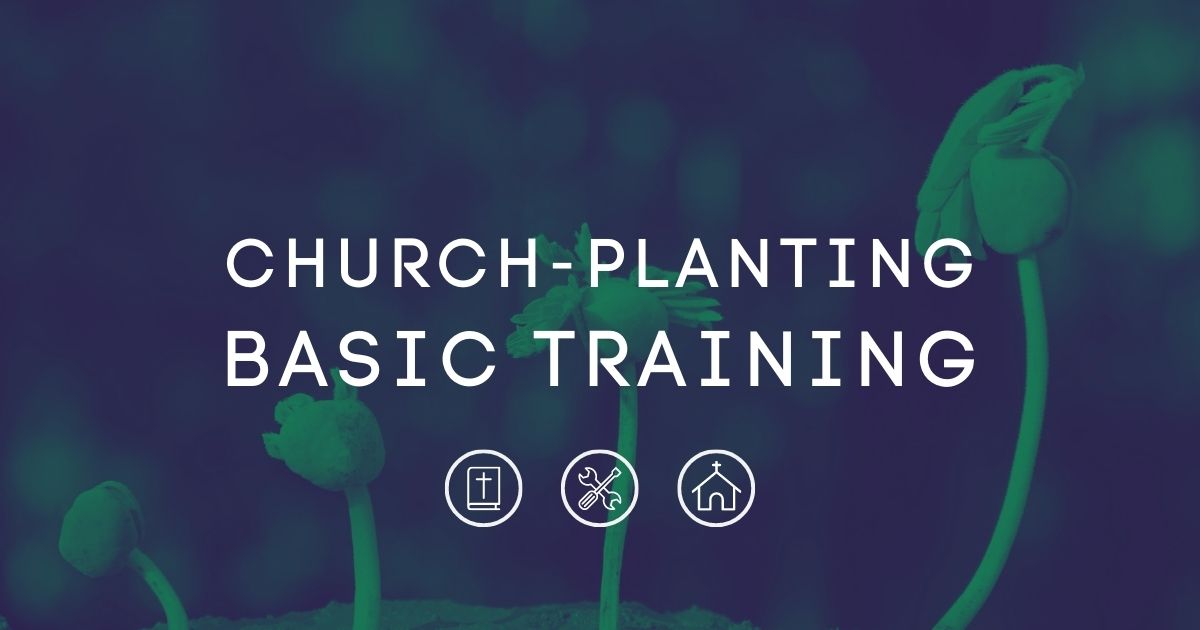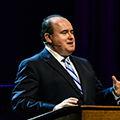The process of church-planting ought to be very much a team effort. A core group or a group of families thinking of forming a core group should beware of the self-appointed pastor or church-planter who is trying to find an opportunity. So, if pastors don’t plant churches, who does? The simple answer is that churches plant churches.
This was the original model in the New Testament as shown by the Apostle Paul, sent out as a church-planter by the church at Antioch (Acts 13). Even the great apostle himself only went with the blessing of the elders of that church. That formed the spiritual and financial support he needed to set out on his amazing and effective ministry. So, how do “churches plant churches?” There are numerous models, a few of which I will outline.
An Intentional Effort from Concept to Conception
An established church may make it part of their mission to intentionally initiate a church plant. They may send one of their pastors, train up a new pastor, and perhaps even send some church members as the core group. This is an incredibly selfless ministry which then benefits a neighboring city or community.
A Partnership Between a Qualified Pastor and an Established Church
A qualified pastor already on staff or in a new partnership with the elders of an established church may express a desire to plant a church in a given community. The support given to him may be financial, technical, spiritual, or all of the above. The established church may help him work up a master plan, work with him on a website, host interest meetings for potential core group members, or anything else that would lend a helping hand to the pastor.
A Partnership Between a Core Group and an Established Church
A core group may reach out to an established church for counsel, education, philosophy of ministry, or practical helps like social media communication or website creation. But the most important work the established church can do is to help be a liaison between a potential founding pastor and the core group. This can be a powerful partnership which helps ensure a successful launch.
A Core Group Identifying a Pastor Ordained in a Verifiable Church Setting
A core group might grow and develop to the point that it can legitimately call itself a “developing church.” In this case, they may feel able to call a pastor on their own. But this pastor needs to have verifiable experience, training, and experience. Core groups make a grave error when they simply use the one guy they know who says he’d like to plant a church. If they are developed enough to find their own man, they should vet him carefully through his previous elders or the school at which he was trained.
In each of these potential models, the important commonality is the involvement at some level of an existing church. This partnership is a proven and godly means by which Christ spreads the gospel through new local churches.

